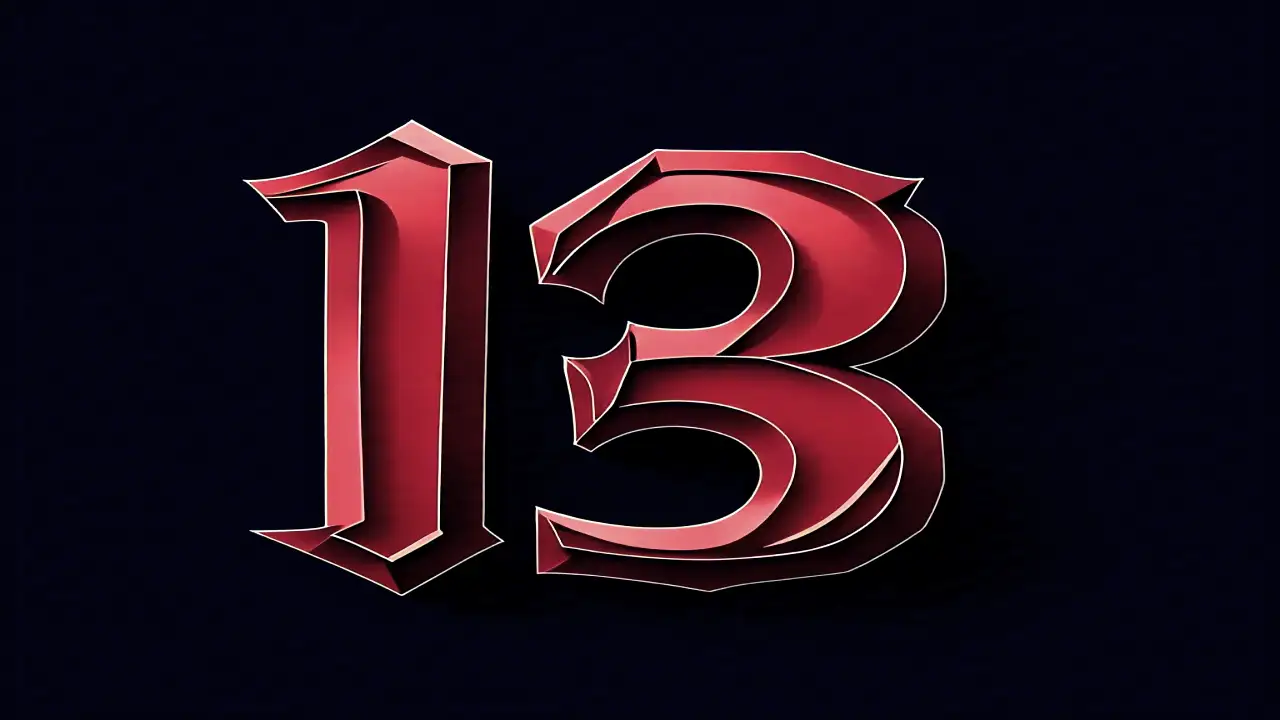Around the world, people hold a variety of beliefs, myths, and legends. These ideas often clash with modern rational thinking. Surprisingly, superstitions still thrive in today’s society, influencing many aspects of life, including architecture.
Key points
The Unlucky Number 13
Take, for example, the number 13. In many cultures, this number is considered unlucky. In China, tall buildings often skip the 13th and 14th floors. Instead, they jump from 12 to 14. This practice is also common in the West. If you look at elevators in skyscrapers, you’ll often find that the number 13 is missing.
But why is the number 13 viewed as unlucky? The roots of this superstition can be traced back to ancient beliefs, particularly those related to Kabbalah. Kabbalah is an ancient mystical teaching that has influenced various cultures, especially among Jewish communities.
Kabbalah and the Number 13
Kabbalists regard the number 13 as sacred, believing it holds magical powers. This belief is intertwined with numerology, the study of the mystical significance of numbers. Kabbalists often incorporate the number 13 into their symbols and rituals.
For instance, the Seal of the United States features the number 13 prominently:
- 13 stars above the eagle’s head.
- 13 stripes on the shield.
- 13 olive leaves in the eagle’s right foot.
- 13 arrows in the eagle’s left foot.
- 13 letters in the motto “E Pluribus Unum.”
These examples show how deeply embedded the number 13 is in various symbols, even in national emblems.
Cultural Perspectives on the Number 13
Despite its significance in Kabbalah, many people in the U.S. and other countries avoid the number 13. Buildings often skip the 13th floor, and some hotels refuse to book rooms numbered 13. This avoidance is so widespread that it has a name: triskaidekaphobia, the fear of the number 13.
Interestingly, this fear has economic implications. According to research by Dr. Donald Dossey, many Americans avoid traveling or conducting business on Friday the 13th. This results in an estimated loss of $800 to $900 million for the economy on that day.
The Origins of the Unlucky Belief
The belief that 13 is unlucky may stem from Christian traditions. Judas Iscariot, who betrayed Jesus, was the 13th guest at the Last Supper. Additionally, the number 12 is often seen as a symbol of completeness, with 12 months in a year and 12 hours on a clock. Thus, 13 is viewed as exceeding this completeness, leading to bad luck.
In Chinese culture, the number 4 is considered unlucky because it sounds like the word for “death.” When you add 1 and 3, you get 4, which may contribute to the negative perception of 13 in some Asian cultures.
Global Variations of Unlucky Days
Interestingly, not all cultures view the number 13 as unlucky. In some Latin American countries, Tuesday the 13th is considered a bad day. In Greece and Spain, this belief is also prevalent. In Italy, the unlucky day is Friday the 17th.
In Indonesia, the number 12 is often seen as unlucky, with the phrase “Cilaka 12” (meaning “cursed 12”) commonly used. This shows how beliefs about numbers can vary widely across cultures.
The Impact of Superstitions
Superstitions about the number 13 have led to various practices. For example, some hotels will provide a black cat mascot to guests if they are part of a group of 13. This is meant to ward off bad luck.
Many hotels and establishments avoid using the number 13 in their room numbers or addresses. In Italy and France, lotteries do not include the number 13. Similarly, there are no streets named 13th Street in many American cities.
Conclusion
The number 13 is steeped in superstition and cultural significance. While some view it as a symbol of bad luck, others see it as a sacred number with mystical properties. The beliefs surrounding this number illustrate how deeply ingrained superstitions can influence modern life, from architecture to economic behavior.
As we navigate our daily lives, it’s fascinating to see how ancient beliefs continue to shape our perceptions and actions. Whether you believe in the power of the number 13 or not, it remains a compelling topic that connects us to our cultural history and the mysteries of human belief.





















